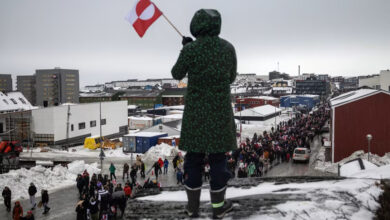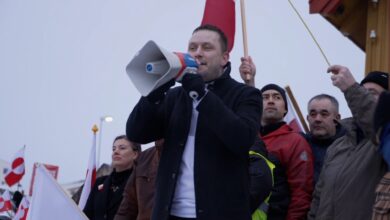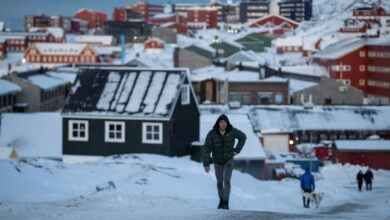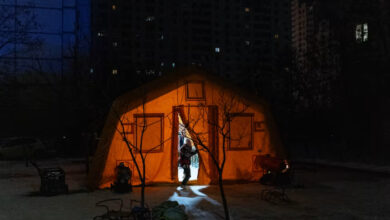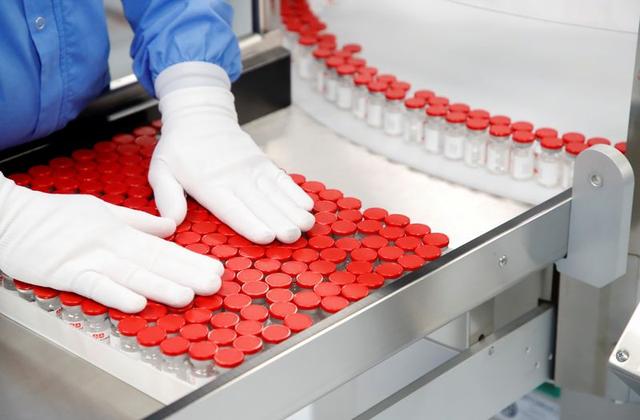
Vadim Svistunov, 84, and his 86-year-old wife Nonna, went to the opera house for both the initial vaccine shot and the booster three weeks later. “We don’t want to go up there yet,” Svistunov told CNN, as he gestures to the heavens. “We’re not in a hurry,” he said.
Boxes of Sputnik V are kept in cold storage before shipment.
In cavernous walk-in refrigerators, with temperatures even colder than the freezing Russian winter, vials of Sputnik V sit packed in crates, awaiting distribution. Every vial has its own unique QR code, we are told, so it can be traced to individual patients no matter where in the world they are.
The vaccine has become one of the world’s most preordered, with at least 30 countries, from Argentina to the Philippines, signing contracts for nearly 2.5 billion doses so far, according to figures from the Russian Direct Investment Fund (RDIF), which is responsible for global production and distribution of the vaccine.
Hesitancy at home
But demand among Russians for Sputnik V has so far proven much less enthusiastic.
This is a country with one of the highest numbers of Covid-19 infections in the world — more than 4.1 million cases and counting. But it also has one of the world’s highest rates of vaccine hesitancy. One recent opinion poll, published by the independent Levada Center, indicated just 38% of Russians are willing to be vaccinated.
Earlier this month, one of the key scientists behind the development of the vaccine said about 2.2 million people — less than two percent of the Russian population — have received at least the initial dose of the two-shot regimen.
Millions of doses of Sputnik V are already being produced each month at the Generium Pharmaceutical plant.
Sputnik V was the first vaccine against Covid-19 to be approved for use anywhere in the world last August, even before large-scale human trials had been completed.
There was broad early skepticism about Sputnik V, which took its name from the world’s first satellite launched by the Soviet Union in 1957, starting the space race with the United States. Critics say “Putin’s vaccine” was designed to be another first in a global race, to project Kremlin power, regardless of how effective or safe it was.
Staff told CNN they were vaccinating about 200 people every day. There is capacity for hundreds more.
Another clinic has been set up in a trendy food hall, Depo Moscow, to encourage vaccination after a street food lunch or sushi dinner.
For lovers of classical music, there’s even one inside Helikon, a prestigious Moscow opera house, where austere tones of recorded tenors bellow through the speakers as people wait for their inoculation.
Some people are getting the message that the vaccine is their best chance of surviving the pandemic.










